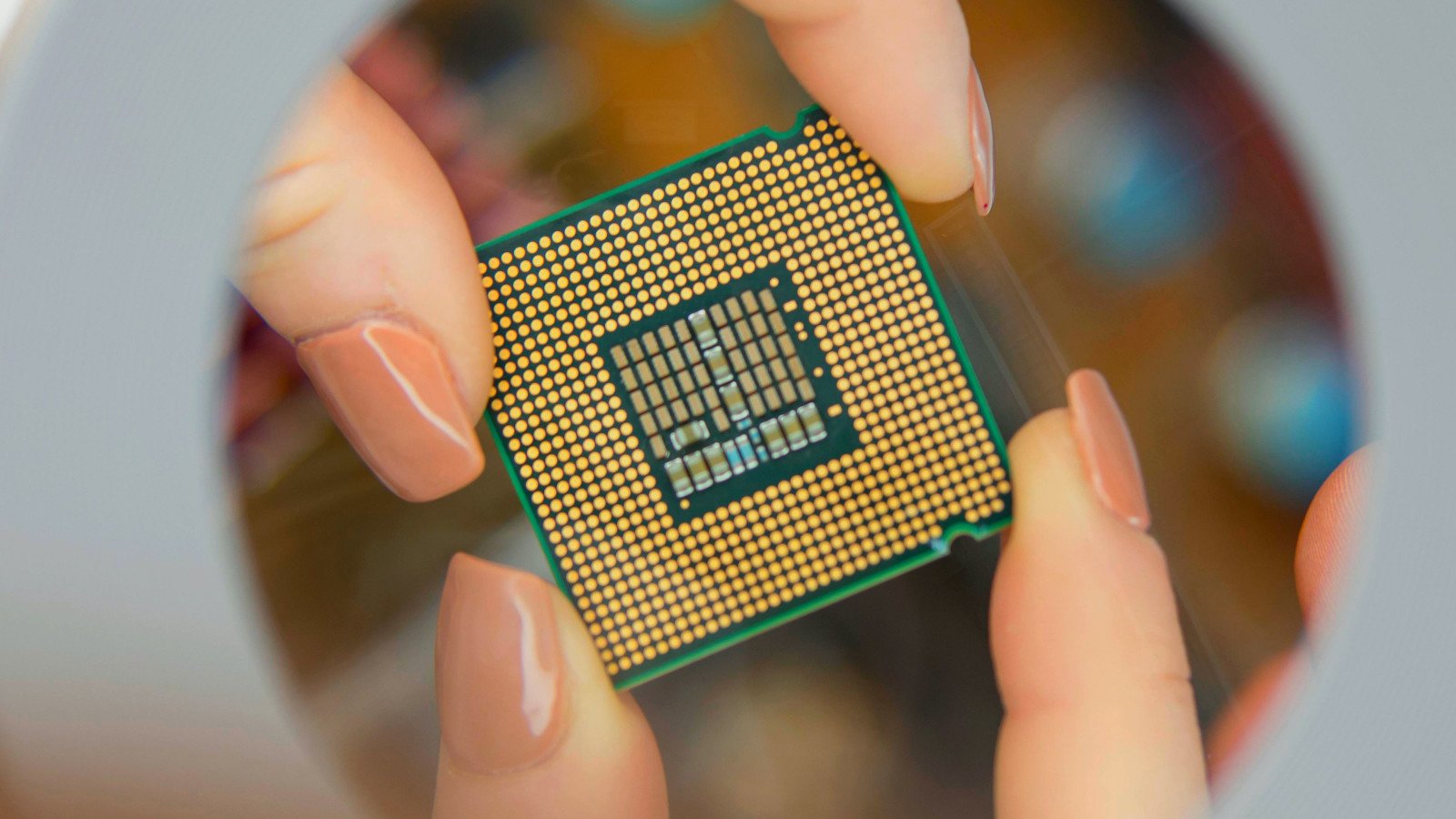Intel 13th and 14th Gen Processor Instability - FAQ

Q) What is the main cause of instability in Intel's 13th and 14th generation processors?
A) The primary cause of instability in Intel's 13th and 14th generation processors is elevated operating voltages due to an erroneous microcode algorithm. This microcode issue causes the CPU to request higher voltages than safe, leading to instability, crashes, and potential permanent damage to the processors.
Q) What processors are affected by the instability issues?
A) The instability issues primarily affect Intel's 13th and 14th generation desktop processors, including K/KF/KS variants, as well as some 65W and non-K models. The problem appears to be more widespread than initially thought, affecting a broader range of models.
Q) How did Intel identify the problem and what has been their response?
A) Intel's extensive analysis of returned processors revealed that elevated operating voltages, due to a microcode algorithm, were causing instability. In response, Intel is validating a microcode patch and advises customers experiencing issues to contact Intel Customer Support for assistance. The company has pledged to grant RMAs (Return Merchandise Authorizations) to impacted customers.
Q) What steps is Intel taking to address these instability issues?
A) Intel is issuing a microcode update to address the voltage issue. This update is expected to be released by mid-August 2024 and will be distributed through BIOS updates from motherboard OEMs and via Windows updates. However, the microcode update will not repair processors already experiencing crashes; instead, it aims to prevent future issues in unaffected processors.
Q) Is the oxidation problem related to the instability issues?
A) Intel confirmed a manufacturing issue with via oxidation in some early 13th generation processors, which was fixed in 2023. However, this oxidation problem is not the primary cause of the current widespread instability issues, which are mainly due to the elevated voltage requests caused by the microcode error.
Q) What advice has Intel provided to users while awaiting the microcode update?
A) Intel has advised users to adhere to basic power guidelines and use Intel Default Settings in their motherboard BIOS to minimize the risk of instability. These instructions remain in effect until the microcode patch is fully validated and released.
Q) Will the microcode update impact the performance of the processors?
A) Intel has stated that the microcode patch currently does not exhibit any adverse performance impact. Testing is ongoing, and Intel plans to share more information about performance impacts in the future.
Q) What should users do if their processors are already experiencing crashes?
A) Users experiencing crashes should contact Intel Customer Support for assistance. The microcode update will not fix processors already impacted by the issue, and Intel advises replacing the affected processors through RMAs. Users should continue to follow the basic power guidelines and BIOS settings recommended by Intel until the microcode update is released.
Q) Is Intel planning a recall for the affected processors?
A) Intel is not planning a recall of the affected processors. Instead, the company is focusing on providing a microcode update to prevent future issues and assisting customers with RMAs for impacted processors.


Comments powered by CComment